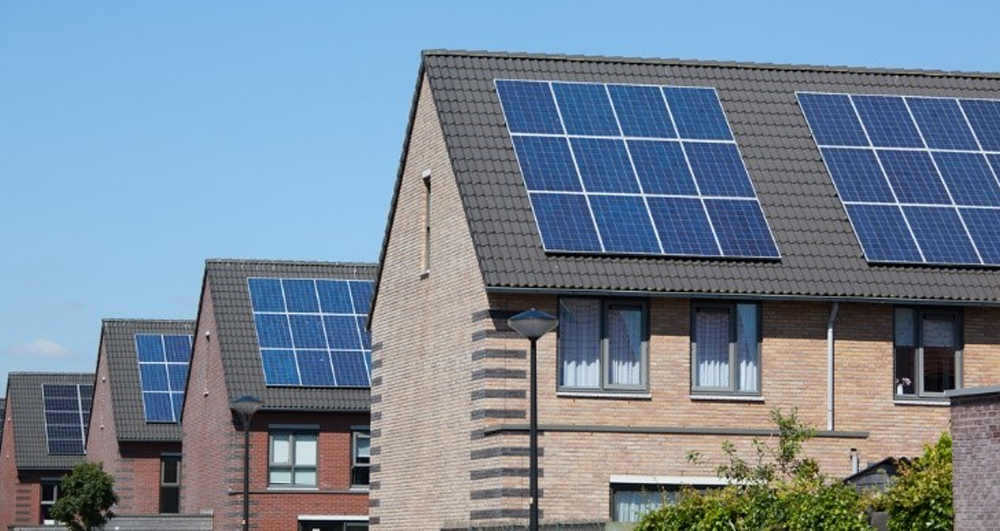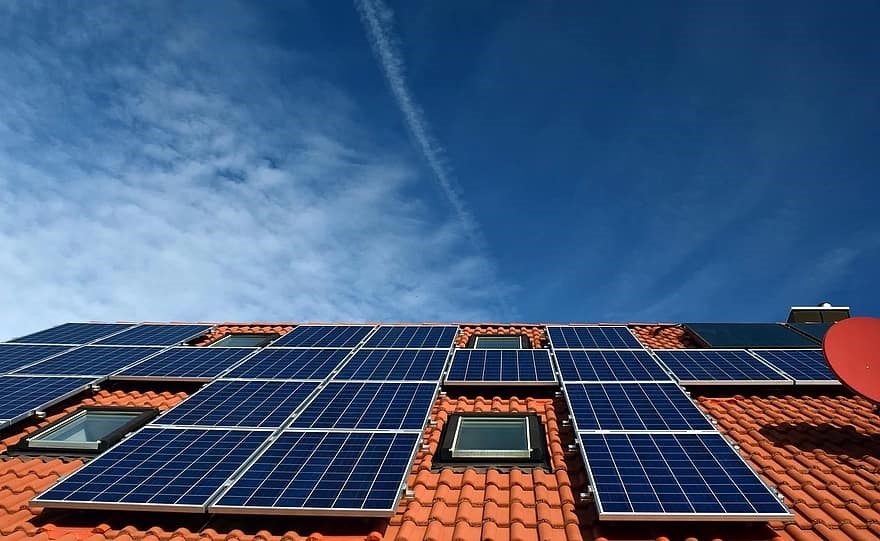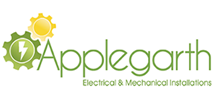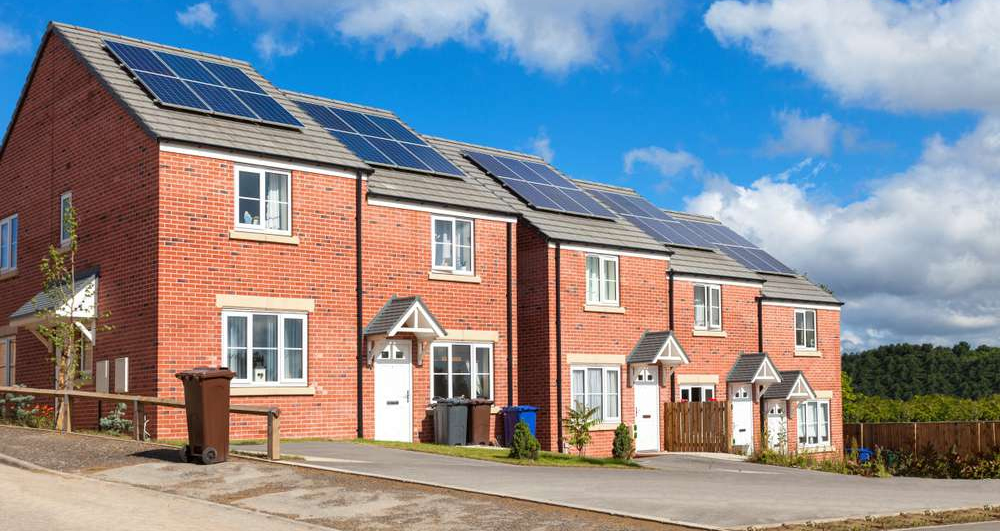As solar energy continues to gain traction among homeowners and businesses, it’s important to address the common misconceptions surrounding this renewable power source. Despite the growing popularity of solar panels, many still hold beliefs that may prevent them from fully embracing this technology.
So, with that in mind, this article will debunk four of the most prevalent myths about solar energy and solar panels. Armed with the correct information, you’ll then be able to make an informed decision about whether investing in solar panels is the right choice for your home or business.
Myth 1: Solar Panels Don’t Work in Cloudy Weather
One of the most common myths about solar panels is that they don’t work in cloudy weather. This misconception stems from the belief that solar panels require direct sunlight to generate electricity. However, the truth is that solar panels can still produce energy even when the sun isn’t shining brightly.
Solar panels convert sunlight into electricity using photovoltaic (PV) cells. While solar panels are most efficient in direct sunlight, they can still generate a significant amount of energy on cloudy days. Even here in the North West, known for its fair share of wet and overcast weather, the conditions are still more than suitable for solar energy production.
Advancements in solar technology have further optimised solar panels’ performance in various weather conditions. Today’s solar panels are designed to be more efficient and resilient, capable of capturing a wider range of light wavelengths. This means that even on days with scattered clouds or even rain, solar panels can continue to generate electricity, ensuring a more reliable power supply for homes and businesses like yours.
Myth 2: Solar Installations Are Too Expensive
While solar installations undoubtedly have significant upfront costs, the price of solar technology has fallen dramatically in recent years. This cost reduction has made solar power more accessible and affordable for homeowners and businesses.
Investing in solar energy also offers numerous long-term financial benefits. By generating your own electricity, you can significantly reduce your reliance on the grid and lower your monthly energy bills. Additionally, through the Smart Export Guarantee (SEG) scheme, you can sell any excess electricity your solar panels produce back to the grid, earning additional income.
As a result, the payback period for solar installations, which refers to the time it takes for the savings to cover the initial investment, is shorter than ever before. This is partly due to the recent energy price spikes caused by the Russia-Ukraine war and various geopolitical factors.
Today, according to the Energy Saving Trust, the average solar panel system (around ten solar panels at 350 W each) costs around £7,000 to install. Average savings come in at £465 a year, and you can sell excess to the grid for £150-£200 annually. However, add solar battery storage, and your savings skyrocket since you can continue using generated electricity long after dark. Solar PV systems with battery storage can now pay for themselves in seven years or less.

Myth 3: Solar Panels Require Constant Maintenance
Modern solar panels are designed to be durable and long-lasting. Most solar panels installed today will last 25 years or more, demonstrating their resilience and reliability. This longevity has come through years of advancements in solar technology that ensure panels can withstand various weather conditions and environmental factors.
Solar installations generally have low maintenance requirements. The main components, such as the solar panels and mounting systems, are built to last and require little to no regular upkeep. However, the inverter, which converts the DC electricity generated by the panels into AC electricity for use in your home or business, may need to be replaced after 10-15 years. Occasionally, solar panels may need to be cleaned to remove dirt, dust, or debris that can accumulate over time and slightly reduce their efficiency.
While solar panels are relatively self-sufficient, it still pays to have a professional solar company like Applegrath assess your system periodically. Our technicians can identify potential issues, ensure your system is running at optimal performance, and address any necessary repairs or replacements.
Myth 4: Solar Energy Is Not Reliable
Of course, one of the accusations regarding solar panels, especially here in Britain, is that the weather, and by association, solar panels, simply aren’t reliable enough to power a home or business.
But the truth is solar energy generation has become increasingly consistent thanks to those advancements in solar panel technology and system design we’ve mentioned already. Modern solar panels are more efficient than ever, capturing and converting a greater portion of the sun’s energy into usable electricity. Smart inverters and monitoring systems also help optimise solar installation performance, ensuring maximum energy production and reliability.
Lastly, solar battery storage systems have been somewhat of a game-changer in terms of delivering a consistent solar power supply. These systems allow homeowners and businesses to store excess solar energy generated during the day for use when the sun isn’t shining.

Make an Informed Decision: Embrace Solar Energy in Wirral, Liverpool, and the North West
By debunking some of the most common myths and misconceptions about solar power, we hope to provide you with a clearer understanding of its true potential.
Remember, embracing solar energy offers a range of benefits, from reducing your environmental impact and increasing your energy independence to achieving long-term cost savings on your electricity bills.
If you’re a home or business owner considering switching to solar panels in Wirral, Liverpool, or the wider North West region, now is the perfect time to take the next step. As a trusted solar solutions provider and MCS-accredited solar panel installer Applegarth is here to guide you through your solar journey.
So, contact us today on 0151 649 8350 or email info@applegarth.co.uk to learn more about how solar energy can benefit your home or business.








